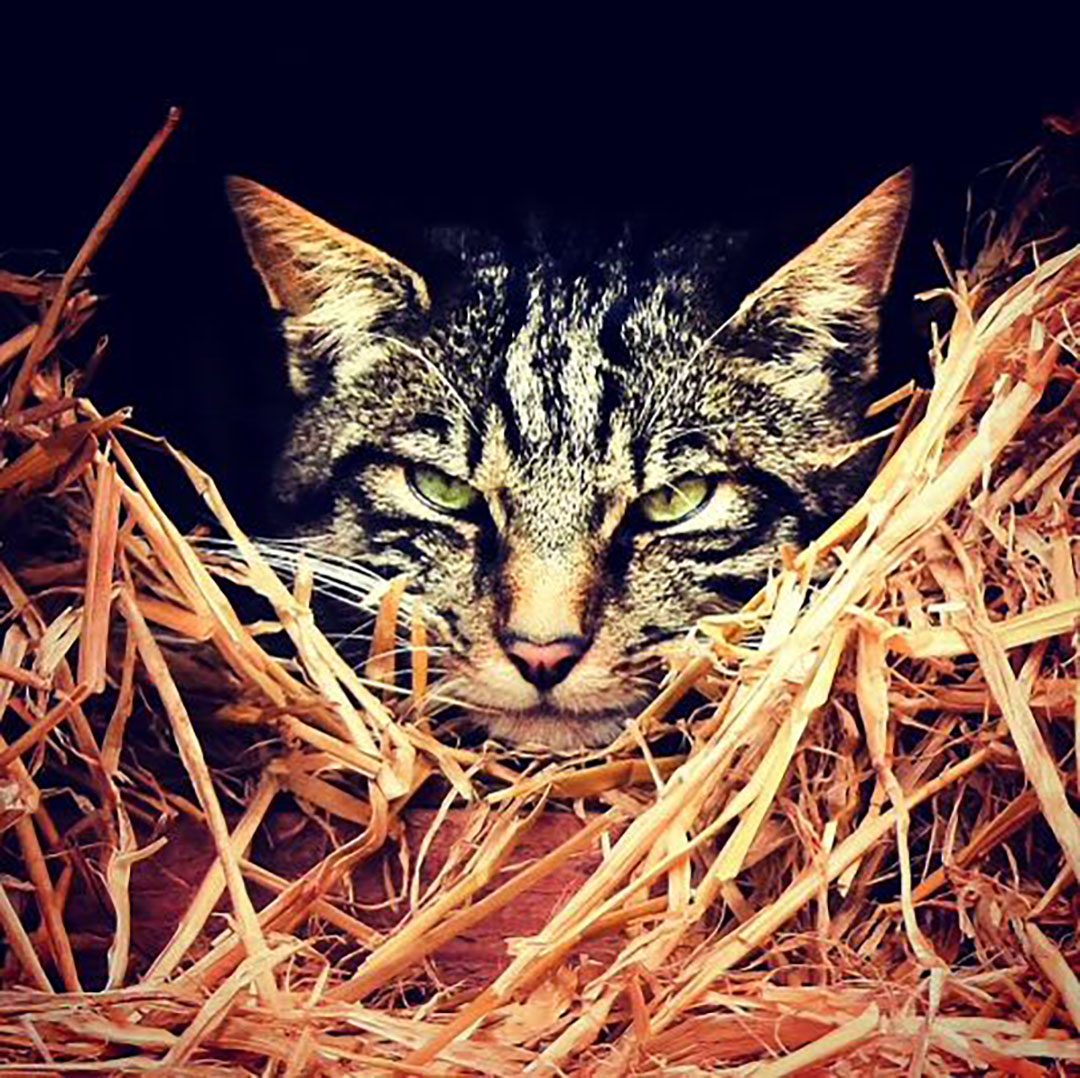From growing up in Canada in the ‘70s watching Mutual of Omaha’s Wild Kingdom to more recently in Scotland watching David Attenborough or Autumnwatch & Springwatch with Chris Packham. I have always found animals to be one of my favourite things.
I‘m looking forward to Attenborough’s upcoming new series on Asia and I see that its final episode will deal with efforts to help save endangered species – here’s what the BBC says: “Saving Asia follows conservation heroes in different parts of the continent, as they work passionately to save Asian wildlife. We meet people relocating sun bears in Malaysia, breeding highly endangered green magpies in Indonesia, and fighting the illegal wildlife trade in Nepal.”
So much has been written about climate change, the impact of humans and species loss it can seem hopeless at times so its always encouraging to hear about real solutions that are actually working.
One of those is Scotland’s own efforts and leading the way is The Royal Zoological Society of Scotland (RZSS) who are committed to saving wildlife and say: “By 2030, working in Scotland and across the world, RZSS will reverse the decline of at least 50 species – from pine hoverflies and wildcats in the Cairngorms National Park to giraffes in Uganda, giant anteaters in Brazil and many more.”
A few years ago I was very fortunate to see wildcats up close and personal in one of the the Highland’s breeding programs (photos here taken by my son Cole Kirby – see if you can spot the third cat) – an unforgettable experience.
It makes sense to look after the animals of planet earth and understanding how ecosystems work is central to any discussion around conservation. Many do not realise that zoo programs are more than a place to create awareness, empathy and understanding of animals. They are also very much about research and breeding programs aimed at reducing extinction rates and actually repopulating areas. Some of the programs underway or under consideration here in Scotland are:
Beavers – actually help flooding, clean water and help to create greater biodiversity
Wolves – can generate trophic cascades; ecological effects that ripple positively through an ecosystem
Lynx – would help reduce environmental deer impact and thus help restore habitats and natural processes
BBC’s Asia is an upcoming 7-part series starting Sunday 2 November, Autumnwatch is back Tuesday 29 October and meanwhile you can always visit The Royal Zoological Society of Scotland’s Edinburgh Zoo or Highland Wildlife Park.




